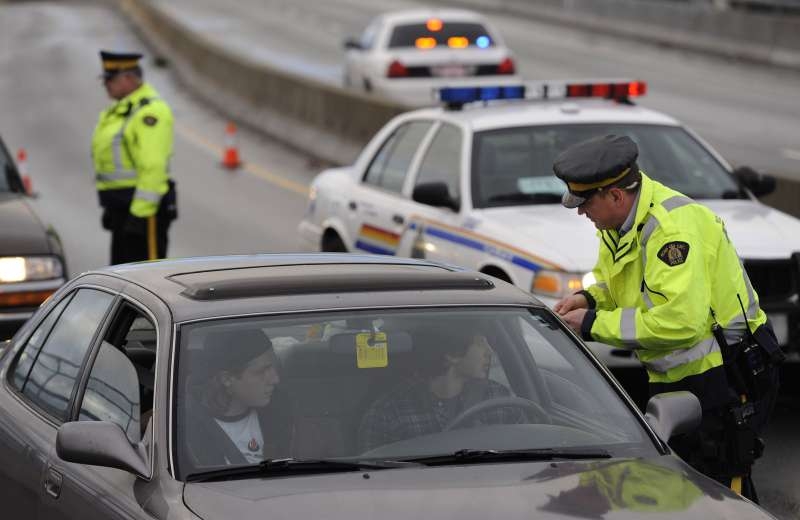Highest court upholds BC’s tough drinking and driving law
Today, the Supreme Court of Canada released its decision in Goodwin, et al. v. British Columbia (Superintendent of Motor Vehicles).
The court also ruled that B.C.’s law in giving police the power to issue immediate 90-day suspensions without drivers having an opportunity to challenge breath tests on roadside machines whose accuracy may be questionable is unconstitutional, but the province has already changed that law after a lower court ruling. And that is what deters people from drinking and driving.
Roadside penalties have largely supplanted criminal investigations and prosecutions for impaired driving in B.C. The amount of time and money expended on drunk driving cases in the courts and by police is down because of the almost 70 per cent drop in impaired charges.
A growing concern is distracted driving, where drivers use a mobile device while operating a vehicle.
Drivers who had either blown a “fail” or who had not given a breath sample challenged the law in 2011.
He took the issue to B.C. Supreme Court, which dismissed the roadside prohibition, saying there was no evidence indicating Wilson’s ability to drive was affected by alcohol.
Although drivers who are caught and punished at roadside face stiff sanctions, they do not usually risk an impaired driving conviction and criminal record.
“If the province chooses to enforce, more or less, the criminal code and call it ‘Administrative Law, ‘ in another context, they’re free to do that”.
Lawyers argued the British Columbia law violated the Canadian Charter of Rights and Freedoms, in particular the presumption of innocence.
Suspensions for “warn” readings start at three days for the first, seven days for the second, and 30 days for the third. The regime stigmatizes offenders and promotes specific deterrence of future conduct, as well as punishment of past conduct. “For the Supreme Court to grant leave on cases that pertain to a provincial regime… and to just confirm what the Court of Appeal said and not to take it one step further, I find it surprising”.
The motorists in the case had the support of the B.C. Civil Liberties Association, which argued that their right to be presumed innocent until proven guilty was being violated by the imposition of automatic penalties.








